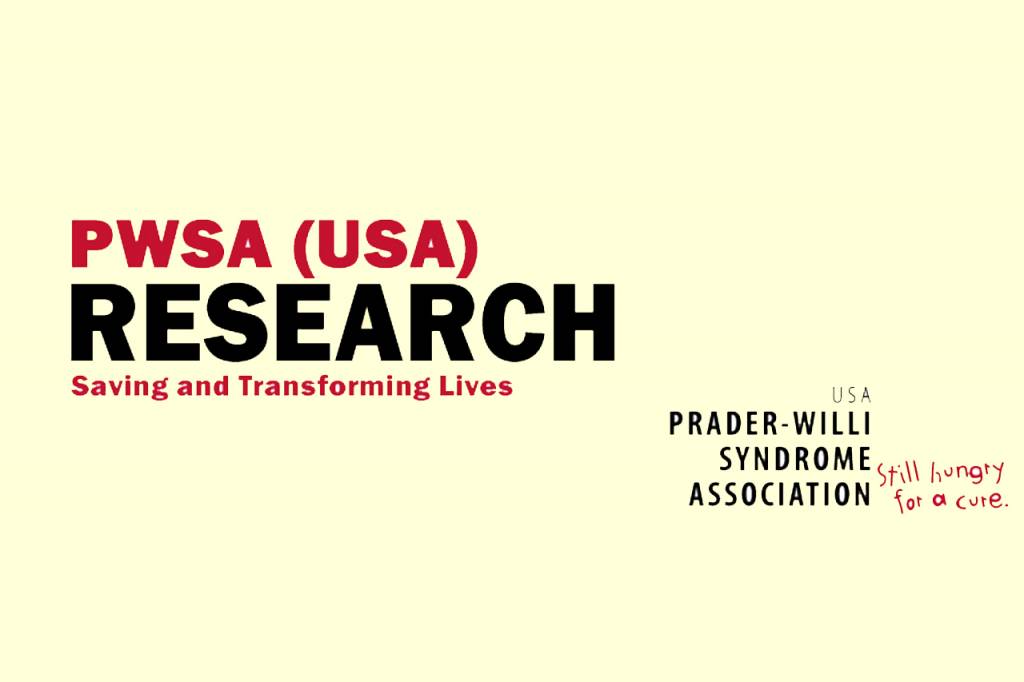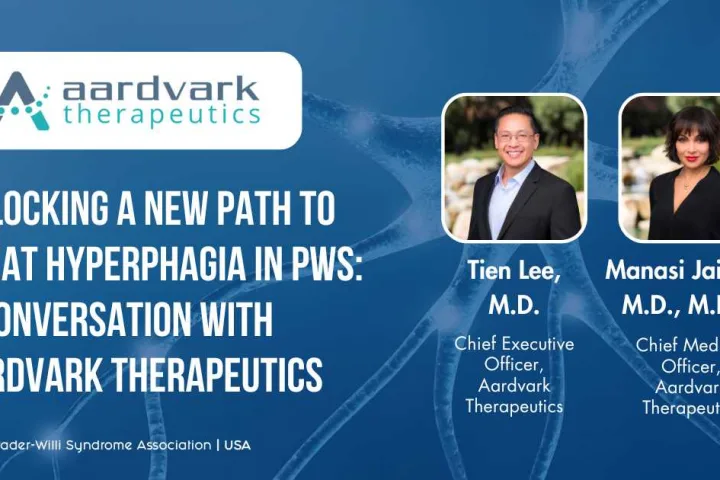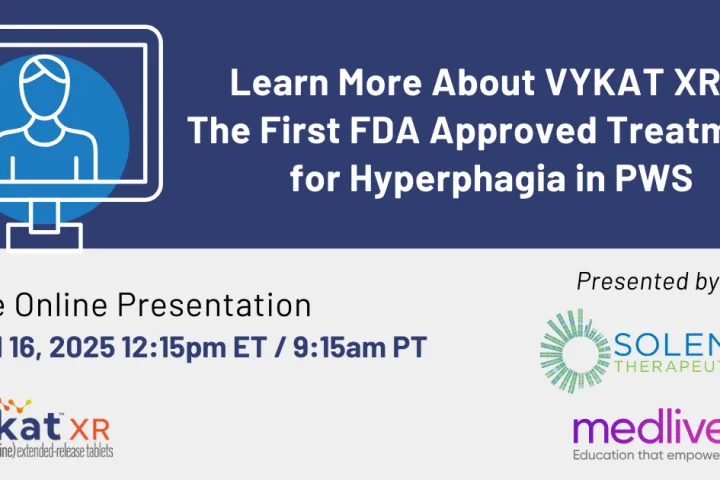|
Hello from the PRETEND/Telehealth team at Case Western Reserve University! We are excited to say that we are gearing up for another enrollment trip for our ongoing studies on Prader-Willi syndrome, this time in San Antonio, TX. We will be there from Wednesday March 8 through Saturday March 11.We are recruiting families with children with PWS 3-11 years of age, for assessment of emotional, cognitive, and social abilities, and the opportunity to enroll in a 6-week play-based remote intervention program to improve skills in these areas.
If you are interested in participating please complete the following link: https://cwru.az1.qualtrics.com/SE/?SID=SV_b7nq4ecv2fwCOUt, and/or reach out to our Research Associate, Ellen Doernberg, at
216-368-0112, or via email a neurodevelopmentresearchlab@gmail.com.
Thank you so much and we hope to hear from you soon!
Best,
The PRETEND/Telehealh Team
|
|
|
|
Profiling of the gut microbiome in children with PWS
Our study
The human gut contains bacteria that play an important role in food digestion. When the stomach and small intestine are unable to digest certain foods, gut microbes ensure nutrients are digested. Changes in gut microbes may lead to obesity, but the specific role of gut microbes in weight control in Prader-Willi Syndrome (PWS) and childhood obesity is not yet fully understood. In our study, we will compare the gut microbial composition of children with PWS to individuals of similar age, gender and body weight who do not have PWS.
Our Objective
Our objective is to explore the gut microbiome in children with PWS compared to children without PWS.
What will participants be asked to do?
Children will come to the University of Alberta, Canada, for one study visit for about an hour and a half. Before they come, we will send children and their parents more information about the study. If parents agree to have their child participate they will sign a consent form. Children will sign an assent form if they also agree to participate. During the study visit we will:
Who can participate in this study?
Who can’t participate in this study?
For more information about the study, please contact Lucila Triador, Research Assistant, at triador@ualberta.ca
(PWSA (USA) is providing sponsorship for both grants.)
|





 Jennifer Bolander has been serving as a Special Education Specialist for PWSA (USA) since October of 2015. She is a graduate of John Carroll University and lives in Ohio with her husband Brad and daughters Kate (17), and Sophia (13) who was born with PWS.
Jennifer Bolander has been serving as a Special Education Specialist for PWSA (USA) since October of 2015. She is a graduate of John Carroll University and lives in Ohio with her husband Brad and daughters Kate (17), and Sophia (13) who was born with PWS. Perry A. Zirkel has written more than 1,500 publications on various aspects of school law, with an emphasis on legal issues in special education. He writes a regular column for NAESP’s Principal magazine and NASP’s Communiqué newsletter, and he did so previously for Phi Delta Kappan and Teaching Exceptional Children.
Perry A. Zirkel has written more than 1,500 publications on various aspects of school law, with an emphasis on legal issues in special education. He writes a regular column for NAESP’s Principal magazine and NASP’s Communiqué newsletter, and he did so previously for Phi Delta Kappan and Teaching Exceptional Children. Evan has worked with the Prader-Willi Syndrome Association (USA) since 2007 primarily as a Crisis Intervention and Family Support Counselor. Evans works with parents and schools to foster strong collaborative relationships and appropriate educational environments for students with PWS.
Evan has worked with the Prader-Willi Syndrome Association (USA) since 2007 primarily as a Crisis Intervention and Family Support Counselor. Evans works with parents and schools to foster strong collaborative relationships and appropriate educational environments for students with PWS. Dr. Amy McTighe is the PWS Program Manager and Inpatient Teacher at the Center for Prader-Willi Syndrome at the Children’s Institute of Pittsburgh. She graduated from Duquesne University receiving her Bachelor’s and Master’s degree in Education with a focus on elementary education, special education, and language arts.
Dr. Amy McTighe is the PWS Program Manager and Inpatient Teacher at the Center for Prader-Willi Syndrome at the Children’s Institute of Pittsburgh. She graduated from Duquesne University receiving her Bachelor’s and Master’s degree in Education with a focus on elementary education, special education, and language arts. Staci Zimmerman works for Prader-Willi Syndrome Association of Colorado as an Individualized Education Program (IEP) consultant. Staci collaborates with the PWS multi-disciplinary clinic at the Children’s Hospital in Denver supporting families and school districts around the United States with their child’s Individual Educational Plan.
Staci Zimmerman works for Prader-Willi Syndrome Association of Colorado as an Individualized Education Program (IEP) consultant. Staci collaborates with the PWS multi-disciplinary clinic at the Children’s Hospital in Denver supporting families and school districts around the United States with their child’s Individual Educational Plan. Founded in 2001, SDLC is a non-profit legal services organization dedicated to protecting and advancing the legal rights of people with disabilities throughout the South. It partners with the Southern Poverty Law Center, Protection and Advocacy (P&A) programs, Legal Services Corporations (LSC) and disability organizations on major, systemic disability rights issues involving the Individuals with Disabilities Education Act (IDEA), Americans with Disabilities Act (ADA), and the federal Medicaid Act. Recently in November 2014, Jim retired.
Founded in 2001, SDLC is a non-profit legal services organization dedicated to protecting and advancing the legal rights of people with disabilities throughout the South. It partners with the Southern Poverty Law Center, Protection and Advocacy (P&A) programs, Legal Services Corporations (LSC) and disability organizations on major, systemic disability rights issues involving the Individuals with Disabilities Education Act (IDEA), Americans with Disabilities Act (ADA), and the federal Medicaid Act. Recently in November 2014, Jim retired.